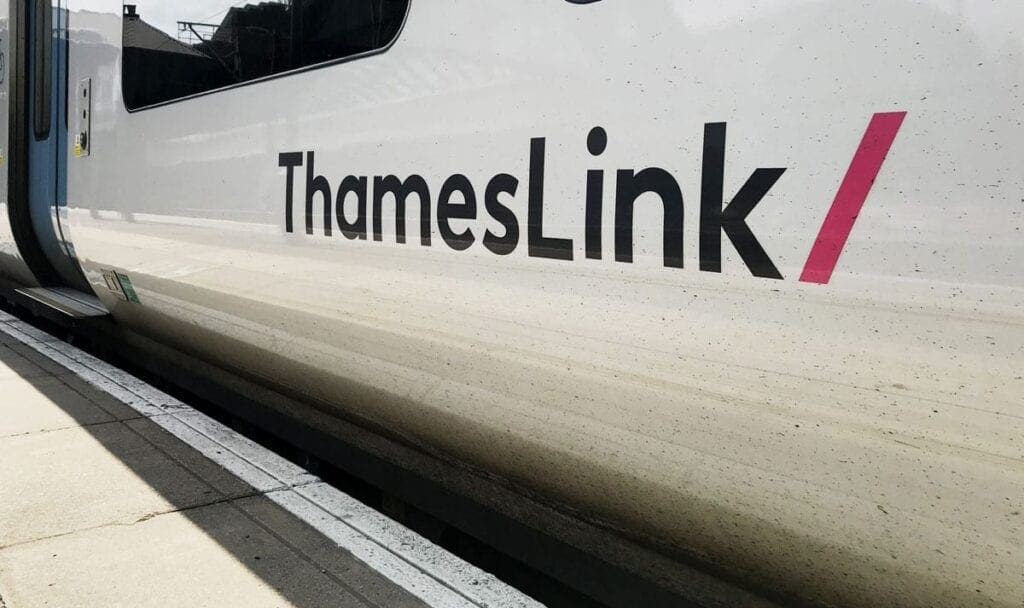
The RMT union has declared a dispute with Thameslink over claims there has been a “potentially lethal” Legionella outbreak on its trains.
The union said it has prepared its members on Thameslink for strikes if urgent action is not taken to resolve the issue.
Also see
- UK railway news roundup
- Eurostar ramping up services to meet growing demand
- Track upgrades in North Yorkshire over August Bank Holiday weekend
The company said a low level of Legionella had been found in a small number of toilets, which had been drained and bleached.
Monthly Subscription: Enjoy more Railway Magazine reading each month with free delivery to you door, and access to over 100 years in the archive, all for just £5.35 per month.
Click here to subscribe & save
‘Inadequate’ approach
The RMT said seven toilets on four trains had actionable traces of the bacteria, which can cause Legionnaires’ disease.
The union claimed that, following the latest discovery, toilets were isolated, describing it as a “half-hearted and inadequate” approach, and called for an urgent meeting of the company’s Joint Safety Committee.
RMT general secretary Mick Lynch said: “RMT has been raising concerns for weeks now, and the latest cavalier approach from the company is pitifully inadequate and is an outright gamble with passenger and staff health.
“We have now declared a dispute and, be in no doubt, if we don’t get serious action we will ballot our members and do whatever is required to end this reckless approach to a potentially lethal situation on these increasingly busy trains.”
Rob Mullen, train services director at Thameslink, said: “A very low level of Legionella was found to be present during testing in a small number of our Thameslink Class 700 train toilets.
“While it is extremely unlikely this would cause any harm to passengers or colleagues, the toilets affected were immediately locked out of use.
“The trains were taken out of service and these toilets have now been drained, bleached and had their tanks completely re-filled.
“There is no recorded case of anyone, ever, having contracted Legionella from a train.”
The company added in a statement: “Legionella can potentially be spread through atomised water droplets in the air in enclosed spaces, but water in our toilets is gravity-fed, which makes this extremely unlikely and further lowers the already very low risk. However, as a precaution, we immediately closed the affected toilets and took these trains out of service.
“The toilets affected have been completely drained, bleached and re-filled to rectify this situation.
“All other parts of the trains were unaffected, including our air con systems, which do not use water (they use refrigeration to cool the air). Therefore, as Legionella spreads via water-based vapour, it is not possible for it to be present in our air con systems.”




